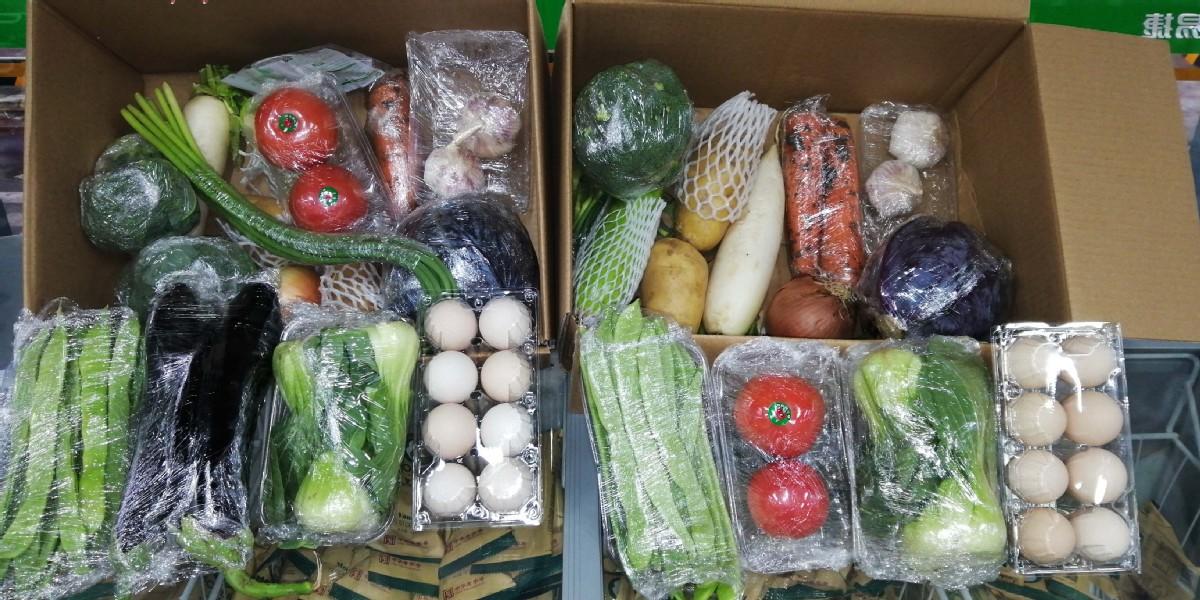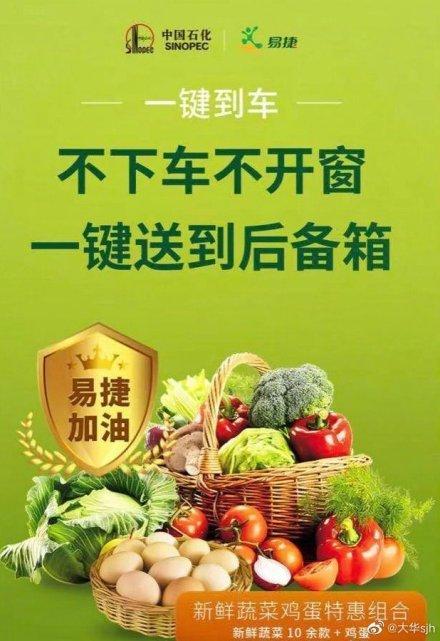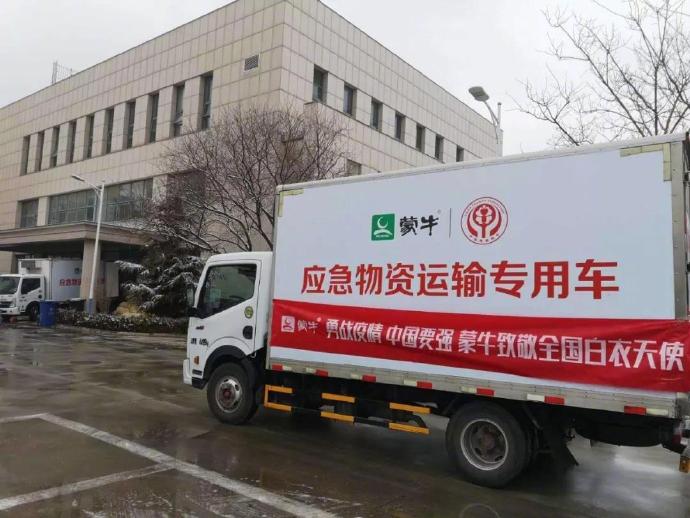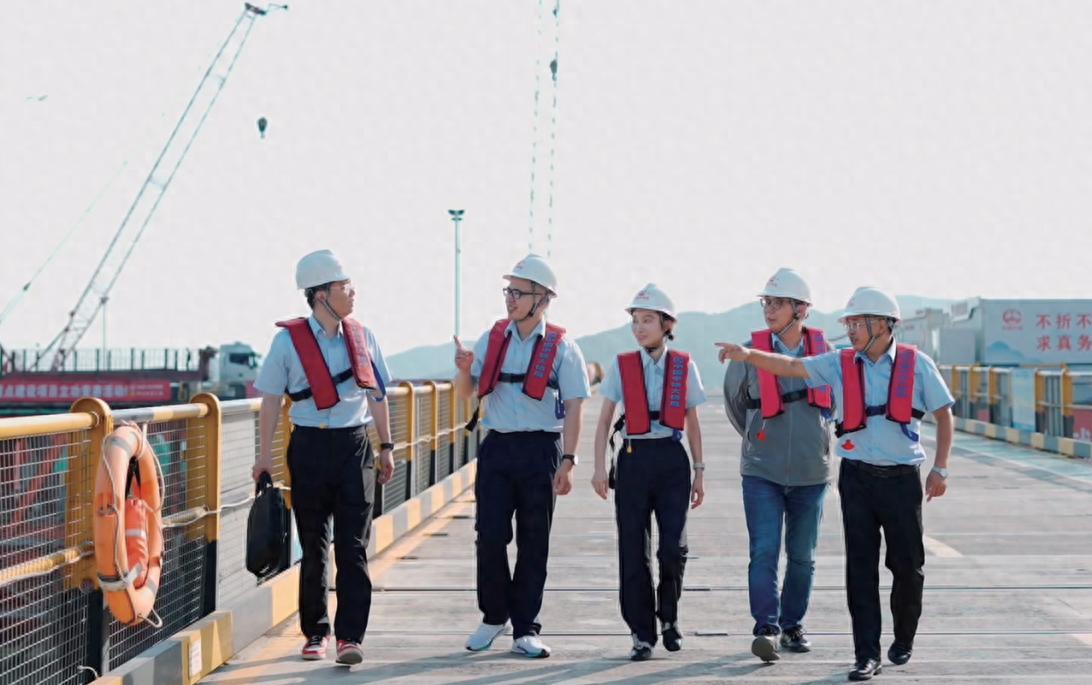新冠肺炎疫情期间,消费者的购物习惯发生了很大变化,中国的众多商家也开始调整销售模式,竞相推出“无接触”销售,抑制了病毒传播,也逐渐探索出更适合市场和自身发展的销售方式。

中石化“无接触销售”蔬菜礼盒(图片来源:中国日报网)
With Chinese consumers hit by quarantine and travel restrictions as well as just wary about venturing out to the shops due to the coronavirus epidemic, companies in the world’s most populous nation are experimenting with new tricks to make sales.
由于中国消费者受到隔离措施和出行限制的影响,而且由于新冠肺炎疫情,人们对冒险走出家门去购物充满担心,世界第一人口大国中国的企业正在尝试新的销售方法。
Oil giant Sinopec – keen to get customers back in their cars and help farmers unable to deliver produce due to roadblocks – launched a new scheme last month called “zero-touch” vegetable sales at its 6,000 gas stations in 147 Chinese cities.
今年2月,中国石油业巨头中石化在全国147座城市的6000个加油站新推出了“无接触”蔬菜销售计划。该公司迫切希望让消费者再度开车出行,并帮助因封路而无法供货的农民。
Consumers place and pay for orders on the Sinopec mobile app and when they drive up, gas station attendants put the vegetables into their car trunk, eliminating any need for human-to-human contact.
消费者在中石化的手机应用程序上下单并支付,之后他们开车到加油站,服务员会把蔬菜放进后备箱,避免了人员接触。

“The coronavirus outbreak has made it difficult for people to shop as before,” said Li Hong, vice president of Sinopec’s convenience store sales division. “Travel demand has been falling, but demand for food is pretty rigid.”
中石化易捷销售有限公司副总裁李宏说:“新冠肺炎疫情的暴发使人们很难再像之前那样购物了。出行需求一直在下降,但食物需求是刚性的。”
Mengniu Dairy, China’s dairy producer, is racing to add more vending machines to the 10,000 it currently has, saying the epidemic has driven unexpectedly strong demand for the sales channel.
中国乳制品生产商蒙牛集团正尽快增加自动售货机,目前该集团拥有1万台自动售货机。该集团表示,这场疫情意外推动了对这一销售渠道的强劲需求。
Its system allows customers to order products like milk and yoghurt online which can then be picked up from their local vending machine.
顾客可以在蒙牛集团的系统上在线订购牛奶和酸奶,然后从当地的自动售货机上取货。
“The virus outbreak has curbed consumption for dairy products as people are unwilling to go to the supermarket,” said Meng Fanjie, head of the company’s Communist Party committee.
蒙牛集团党委书记孟凡杰说:“由于人们不愿去超市,新冠肺炎疫情的暴发抑制了乳制品的消费。”

限 时 特 惠: 本站每日持续更新海量各大内部创业教程,一年会员只需98元,全站资源免费下载 点击查看详情
站 长 微 信: lzxmw777






